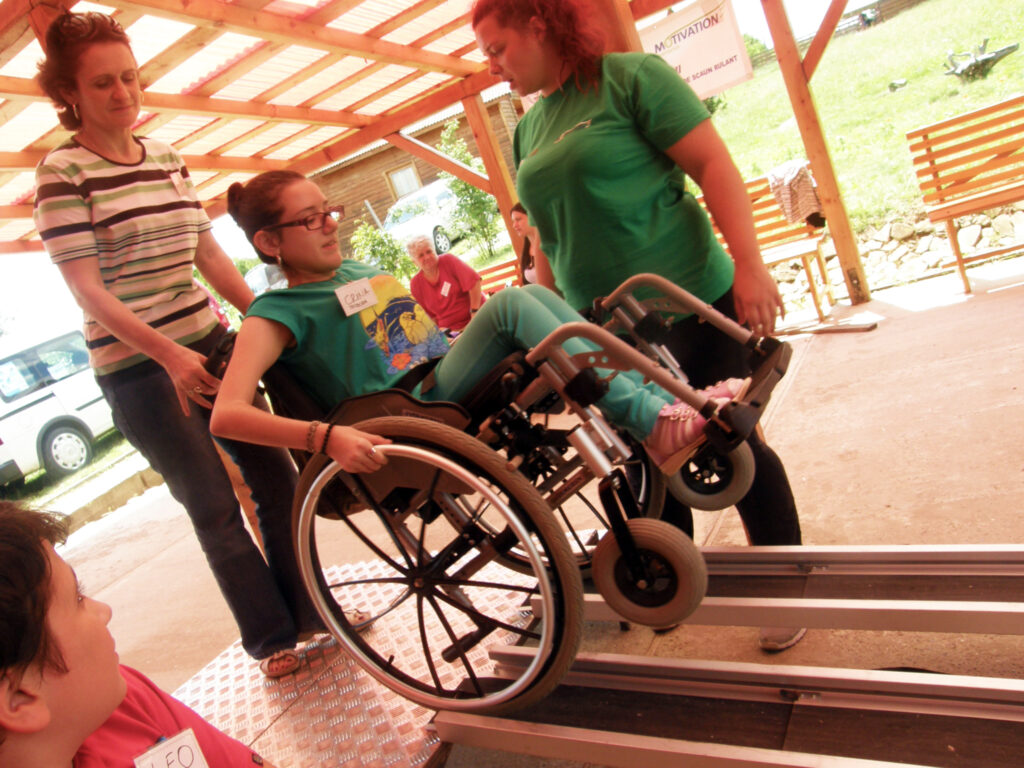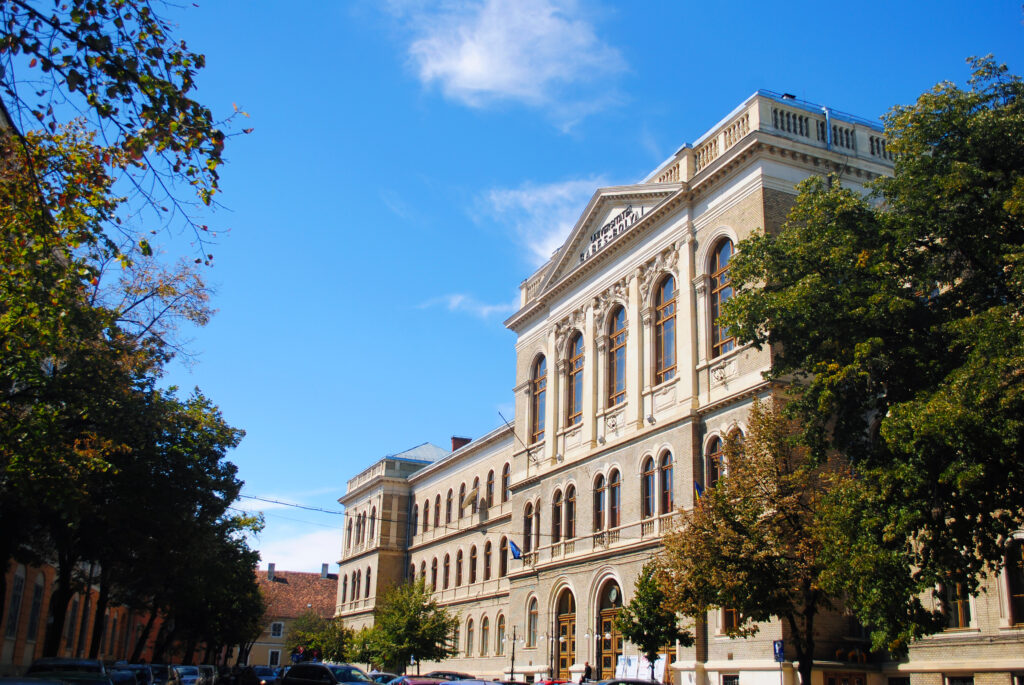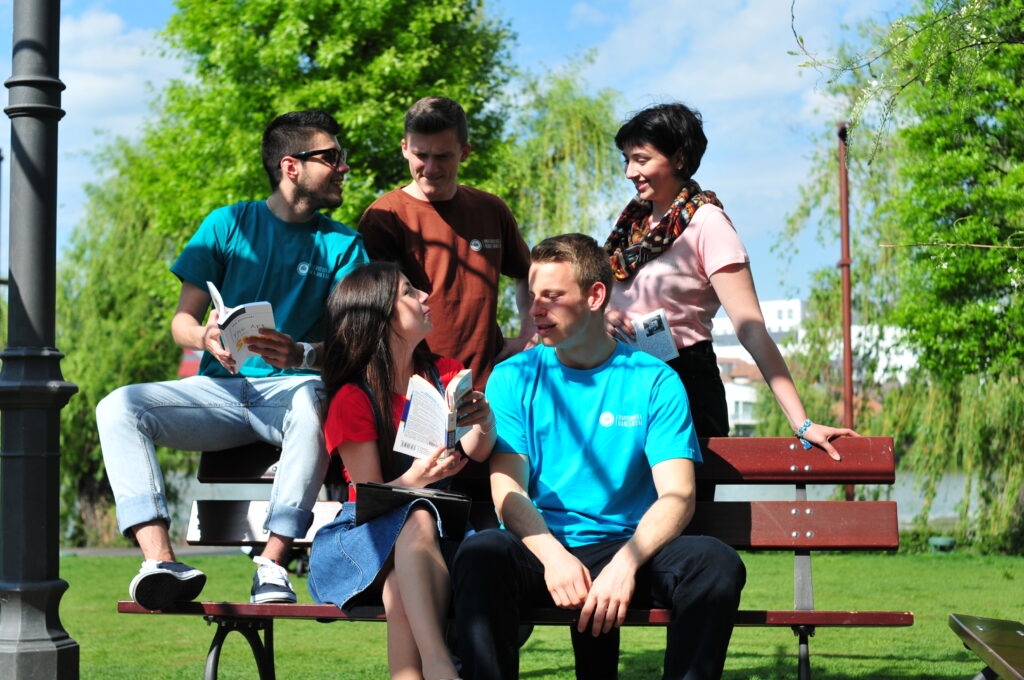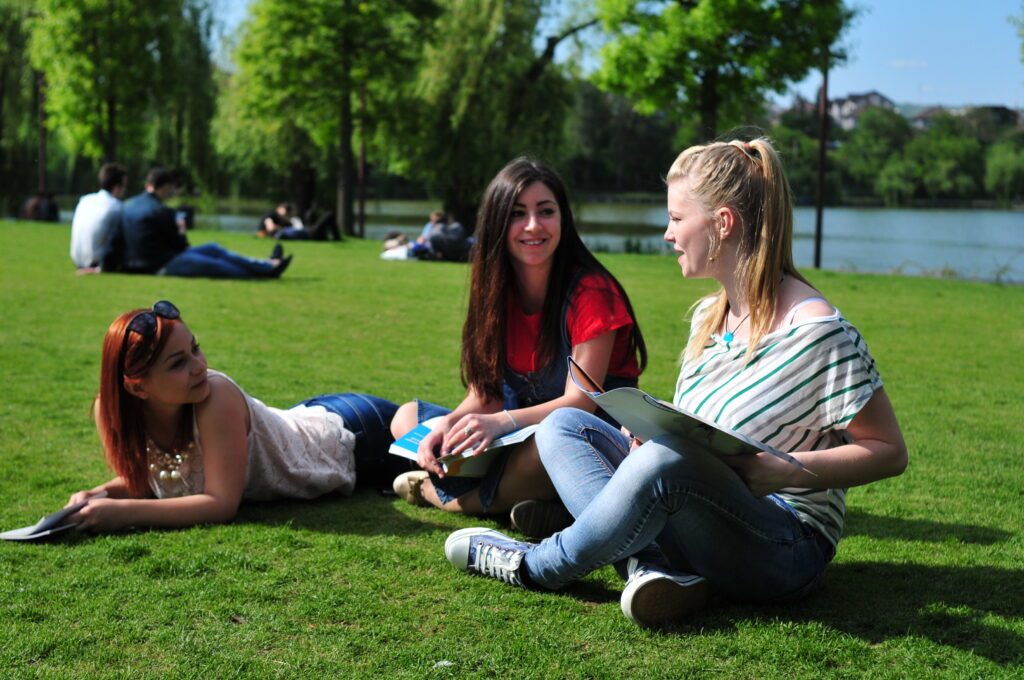Babeș-Bolyai University (Universitatea Babeș-Bolyai/UBB) of Cluj-Napoca, Transylvania, Romania has (1) the oldest academic/university tradition in Romania, (2) is the largest university of the country, and (3) is ranked on the first position in country between 2016-2019, in the University Metaranking, initiated by the Romanian Ministry of Education and Research in 2016. (i.e. by combining all the major international academic rankings of universities, as presented by IREG – https://ireg-observatory.org/en/). The British QS STAR audit has evaluated UBB in 2019 as an international university, with excellence in teaching and research (QS****).
In 2020, UBB has joined the prestigious international academic organization GUILD of Research Intensive Universities, thus joining the other 19 most distinguished research-intensive universities committed to the pursuit of excellence, the enhancement of the voice of academic institutions, their researchers and their students, trust-building as the foundation of public life, and the creation of new knowledge for the benefit of the community, society, culture, and economic growth. In 2021, UBB joined the EUTOPIA European University – an alliance of Universities commited to always improve the standards of teaching, research, managing and innovation and to seek excellence in their local environments and in their relationship and partnership with one another. In a non-competitive but collaborative way, supporting innovative teaching methods, novel educational frameworks, bald research ideas, the universities of the alliance will pursue together in a confident way the highest quality for their students, faculty staff and stakeholders.



The university tradition of UBB started in 1581 as Academia Claudiopolitana Societatis Jesu – by its Royal statute having the right to confer the university titles of baccalaureus/magister/doctor -, developed after 1698 until 1786 into Universitas Claudiopolitana, with teachings in Latin and later also in German. The Academia/Universitas Claudiopolitana was followed after 1786 by two institutions with a semiuniversity statute (e.g., offering training at baccalaureus/magister level, but not at doctor level): (a) the Surgical-Medical Institute and (b) the Academy of Law. Then, starting with 1872, the Royal Hungarian University of Cluj (Franz Joseph University/Cluj Hungarian University) was founded, with teaching in Hungarian, which included the two semiuniversity institutions already existing in Cluj (the main part of the academic tradition of this Hungarian period is shared with the current University of Szeged in Hungary). In 1919, the Hungarian university was transformed/followed by the Romanian University of Cluj (King Ferdinand University of Cluj/Cluj Romanian University). The Romanian and the Hungarian universities in Cluj – derived from Franz Joseph University and King Ferdinand University – were united in 1959 under the name of Babeș-Bolyai University. Victor Babes was a famous Romanian physician/biologist, one of the founders of microbiology and a professor at the King Ferdinand University of Cluj. The name Bolyai is related to the famous Hungarian family of mathematicians from Transylvania (János and Farkas Bolyai). UBB is today a complex multicultural university – with three lines of study in Romanian/Hungarian/German (and programs in English, French, Italian, Chinese, Japanese etc.) -, having programs from art/humanities, social sciences, life and natural sciences, mathematics/computer sciences to engineering and technology. Throughout its old academic tradition, UBB had numerous fundamental academic contributions, both at national and international level, illustrated among others by quality publications (e.g., highly cited papers, hot papers), top scientists (e.g., highly cited researchers), and innovations (e.g., patents, products/services to society). Also, many UBB professors and/or alumni served key leadership positions in country and abroad (e.g., presidents, prime-ministers, ministers, CEO of major national/international organizations etc.). Finally, UBB professors and alumni have world-class contributions in sports (e.g., Olympic medals, world champions, trainers of champions) and arts (e.g., major recognition in the most important global film festivals like Berlin, Cannes, Locarno, Karlovy Vary, and winners of the Academy Awards – Oscars). Additionally, due to its academic prestige, UBB attracted stellar international scientists/academics and leaders (e.g., emperors, kings, presidents, religious leaders) as adjunct (e.g., adjunct professor) or honorary members (i.e., Doctor Honoris Causa) of the UBB community.
LINGUISTIC AND CULTURAL DIVERSITY are defining elements of UBB, representing not only a singularity within the Romanian academic environment, but also a best practice in the overall European context. Indeed, multiculturalism is a UBB trade mark in Romania: with three official languages – Romanian, Hungarian, and German – and one of the most complex theological offers/profiles in the world (e.g., GreekOrthodox; Greek-Catholic; Roman-Catholic; Reformed), which nicely complement our striving for excellence in science. Apart from the academic programs offered in 17 different languages, UBB is the host of 24 cultural centers, foreign institutes, and libraries. Some of them have been established by foreign entities (i.e., governments, embassies) and hosted by UBB, while others have been opened as a result of the fruitful partnership between UBB and foreign institutions of higher education, with the support of embassies in Romania. Some of them still are UBB’s sole commitment to promoting cultural diversity share it to the local and regional community. Babeș-Bolyai University is the only university in Romania to host such a diversity of cultures under its institutional umbrella, as a proof of its multiculturality and engagement in the academic and local/regional communities.




Find out more about us here


